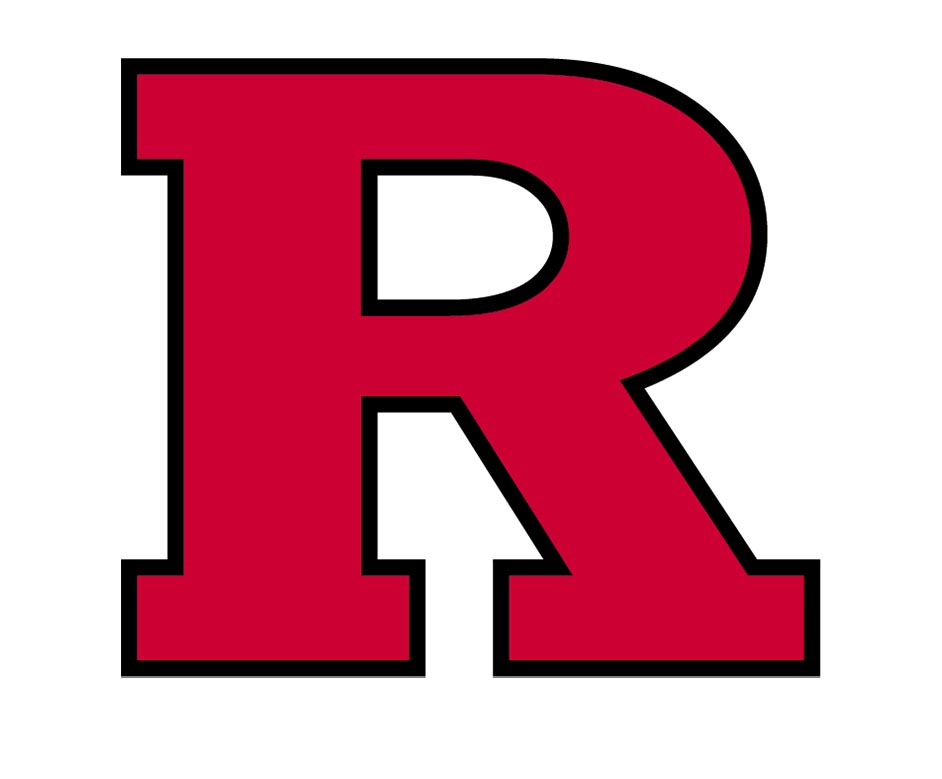Search
Displaying 1341 - 1350 of 8785
Singh, V. K., & Hofenbitzer, C. (2019, August). Fairness across network positions in cyberbullying detection algorithms. In 2019 IEEE/ACM International Conference on Advances in Social Networks Analysis and Mining (ASONAM) (pp. 557-559). IEEE.

Alasadi, J., Al Hilli, A., & Singh, V. K. (2019, October). Toward Fairness in Face Matching Algorithms. In Proceedings of the 1st International Workshop on Fairness, Accountability, and Transparency in MultiMedia (pp. 19-25).

Alasadi, J., Ramanathan, A., Atrey, P. & Singh, V. K. (2020). A Fairness-Aware Fusion Framework for Multimodal Cyberbullying Detection. In Proceedings of the IEEE International Conference on Multimedia Big Data.

Abdulaziz, A., & Singh, V. K. (2020). Balancing Fairness and Accuracy in Sentiment Detection Using Multiple Black-box Models. In Proceedings of the 2nd ACM International Workshop on Fairness, Accountability, and Transparency, and Ethics in MultiMedia.

Hawkins, B., Costello, K. L., Veinot, T. C., Gibson, A., & Greyson, D. (2017). Health information behavior research with marginalized populations. In Proceedings of the 80th Annual ASIS&T Meeting. Oct 28- Nov 1, 2017. Washington, DC

Costello, K.L. & Floegel, D. (2019). An effort to characterize equity in mobile mental health assessment. SIG-SI (Social Informatics) Symposium. Oct 19, 2019. Melbourne, Australia.

Senteio, C., Costello, K.L., & Singh, V. (2019). Lifting as we all rise: Addressing challenges to AI bias in healthcare. Human–AI Collaboration in Healthcare workshop, CSCW 2019, Austin, TX, November 9, 2019.

Kumanyika, C. (2016, July 22) Hoodie, “Invisibilia,” National Public Radio Reported and co- produced the “Hoodie” segment of “Secret Emotional Life of Clothes,” episode.

Biewen J., Kumanyika, C. (2017) “Seeing White,” series on “Scene on Radio Podcast,” Center for Documentary Studies, Duke University. Co-created and appeared on 12 of the 14 episodes, offering critical commentary on contemporary racial discourses in popular culture. The podcast has been downloaded over 1.5 million times as of January 1, 2019 and was nominated for a George Foster Peabody Award.

Kumanyika, C., Hitt, J. (2017, October 4) “Uncivil,” Gimlet Media. Co-created, co-executive produced, co-hosted 12 episodes (approximately 30 minutes each) of an internationally distributed podcast about the enduring effects of the U.S. Civil War, which was downloaded over 3.6 million times as of January 1, 2019. Episode 1,“The Raid,” won a George Foster Peabody Award. Cited in New York Times and The New Yorker twice each, as well as in The Sunday Times, The FinancialTimes of the UK, Columbia Journalism Review, and Newsweek.
